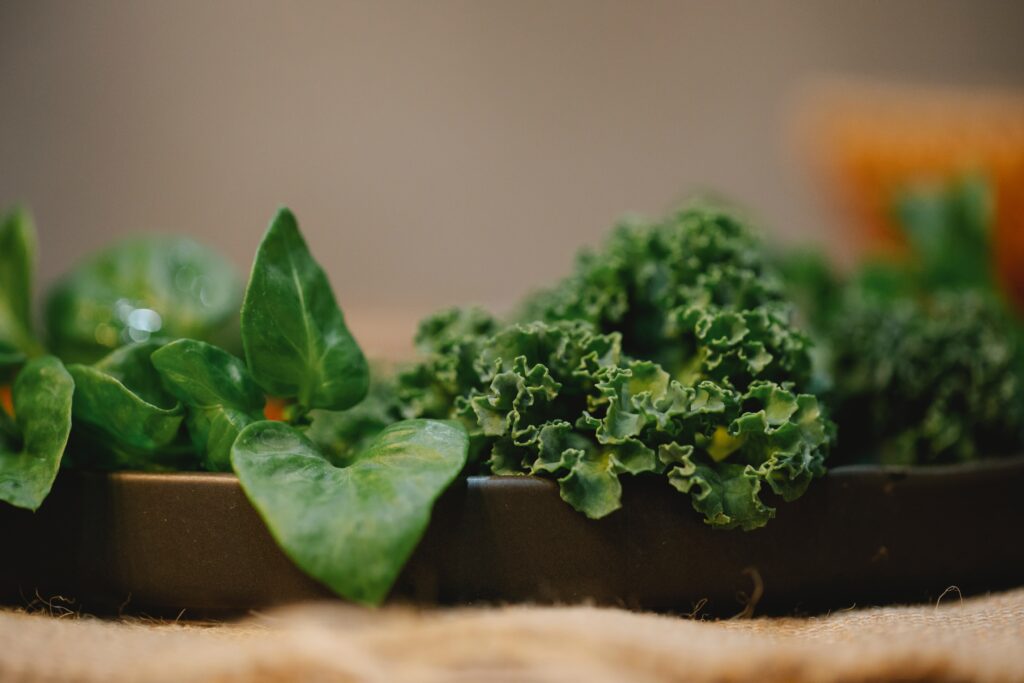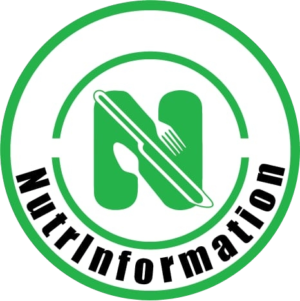Improving eyesight naturally: Nutrients & foods
I have been working on improving my eyesight since my work required me to work long hours on the computer. In the beginning, my eyes would be sore after work. Then I realized that I had neglected my eyes and needed to better care for them. Maybe you too are in this same spot. If yes, then you are on the right page. In this article, I discuss nutrients that can help improve your eyesight.
Before we get to the nutrients, first let’s discuss free radicals-the biggest threat to our eyes. These are unstable atoms produced by our bodies during metabolism. Other sources of free radicals are; exposure to cigarette smoke, irradiation, and sunlight. Free radicals roam the body stealing electrons from healthy cells and damaging them permanently.
Antioxidants
To deal with these radicals, our bodies need antioxidants. These are compounds that can donate electrons to free radicals without themselves getting damaged or becoming unstable.
The eyes need more antioxidants than any other organ in the body. This is because they are delicate and are easily attacked by free radicals. Improving our eyesight, therefore, starts with eating enough antioxidants.
1. Vitamin C and E
Vitamin C and E are powerful antioxidants. They protect the eyes from attacks by free radicals. Being fat-soluble, vitamin E protects the many fatty acids in the eye. While on the other hand, water-soluble Vitamin C protects the aqueous part of the eye.
Vitamin C also improves eyesight by lowering the chances of developing cataracts. An eye condition that clouds vision.
Levels of vitamin C in the eyes depend on the amounts of vitamin C you eat.
2. Vitamin A

Vitamin A is part of an eye protein called rhodopsin. This protein allows us to see in low light. Vitamin A also ensures that our cornea is always clear therefore improving our eyesight.
Foods sources: Liver, egg yolk and dairy products, carrot, kales, spinach, sweet potato
3. Lutein & Zeaxanthin
These are the eyes’ natural sunblock. They protect our eyes from harmful UV rays and blue light. If you work on the computer all day, then you need to eat enough lutein and zeaxanthin. Lutein and zeaxanthin also reduce the risk of developing cataracts and age-related macular degeneration. Research shows that the more lutein and zeaxanthin you eat, the more their levels in the eye.
Foods sources: Egg yolk, kales, spinach, green peas, broccoli red grapes, and sweet corn.
Lutein and zeaxanthin are sensitive to heat. Therefore, do not overcook them. They are also best absorbed when eaten with some oil.
4. Omega 3 & 6
Omega 3 is important for eye development in infants. But that is not all, adults also need omega 3 to maintain proper eye function. Omega 3 increases the formation of tears, therefore, preventing dry eye disease. It also protects the eye from diabetic retinopathy.
Omega 6 on the other hand has anti-inflammatory properties and helps to reduce the symptoms of dry eye disease.
Foods sources: Oily fish like salmon, tuna, and sardines, corn, sunflower seeds, and nuts
5. Zinc
Zinc is involved in the formation of eye pigments in the retina. It is also part of the many enzymes that act as antioxidants. Zinc slows down macular degeneration and improves visual sharpness
Sources: Oysters, red meat, pumpkin seeds, peanuts
6. Vitamin B6, B9, B12

The role of these vitamins in improving eyesight is by controlling homocysteine levels in the body. Homocysteine is an amino acid that when in excess can wreak havoc in the body. In the eyes particularly, this compound increases the risk of developing age-related Macular degeneration.
Food sources: Bananas, peanuts, kale, spinach, milk, eggs, cheese
Final thoughts
With the increased use of electronics, we need to ensure that our eyes are well-nourished. Include the listed food sources in your weekly menu for healthier eyes. Read about other ways to take care of your eyes here


To us, always glued to the screens. I have learnt something.
Thanks and cheers
Happy to always share useful information with you Marion